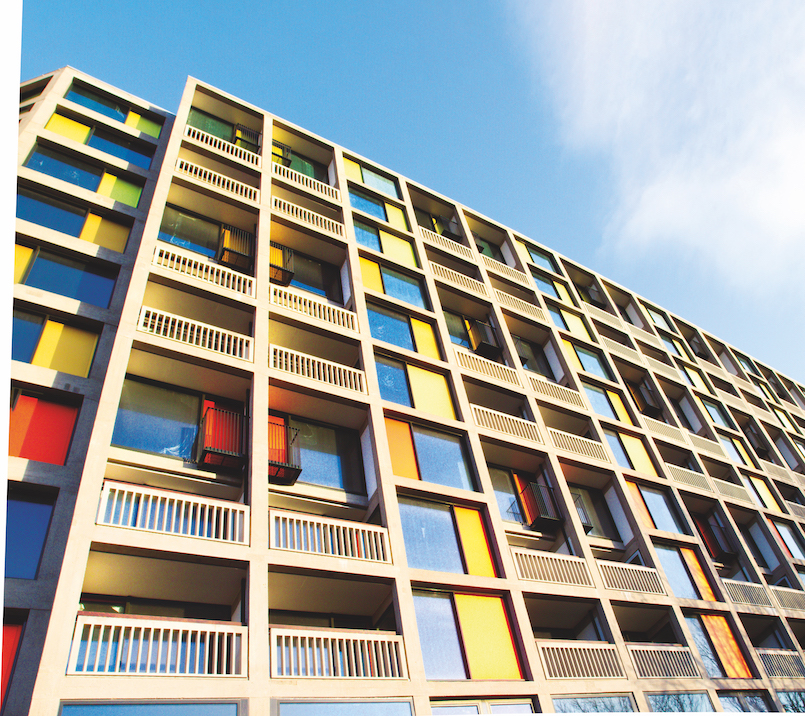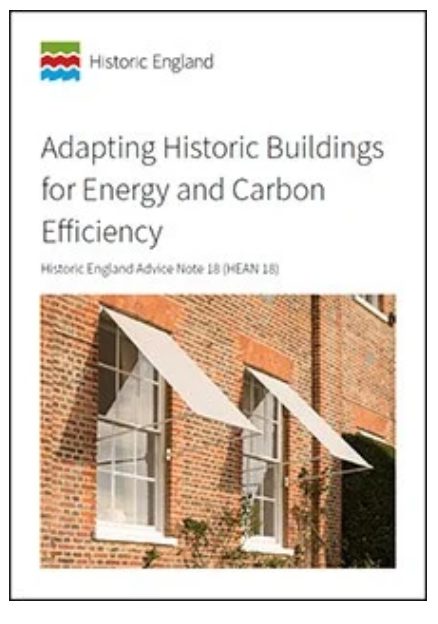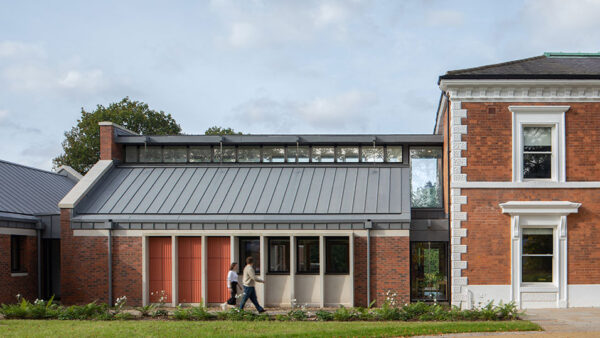
Historic England has published an advice note on how heritage assets can be decarbonised without harming their significance.
The guidance is targeted towards professionals working in the planning process including councils, planning officers and heritage consultants.
It outlines how historic buildings can be kept in use through sensitive repair, maintenance, and adaptation to reduce carbon emissions, reliance on fossil fuels and energy costs.
The publication of the document follows a consultation last year and a survey by the government heritage advisor which found just 16% of council conservation staff felt “very confident” in making decisions on energy efficiency retrofit proposals.

It includes advice on what permissions, such as listed building consent, might be needed for some typical changes required to decarbonise and improve the energy efficiency of historic buildings. Questions for homeowners of listed buildings and homes in conservation areas are also answered, including how adaptations like insulation, heat pumps and solar panels can be installed without damaging the property.
The document advocates a “whole building approach” which considers the building’s historic significance and how it operates to inform interventions which work together to provide the most energy, carbon and cost-effective outcomes.
Training
This summer, Historic England will launch a training programme designed to help local authorities and heritage professionals grow their understanding of the practical application of the Advice Note and to help improve the consistency of decision-making.
The training will include a launch webinar, e-learning, in-person and online workshops, and an Online Community for local authorities.








